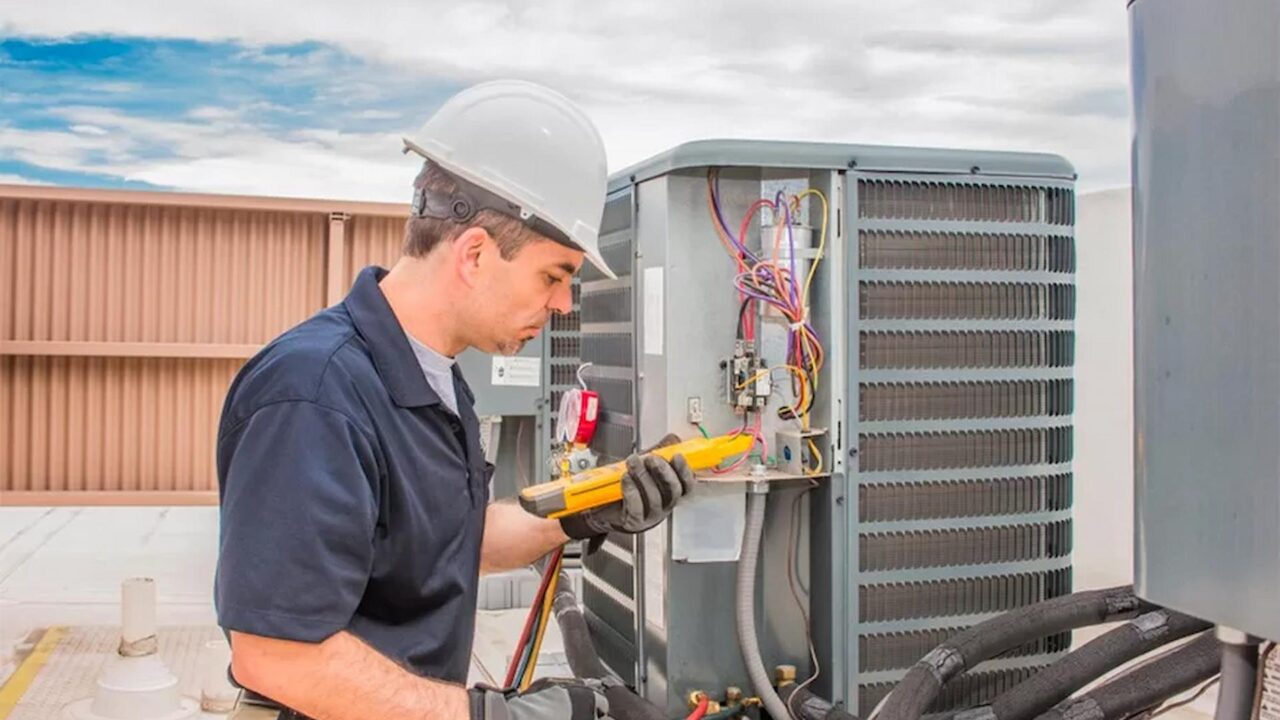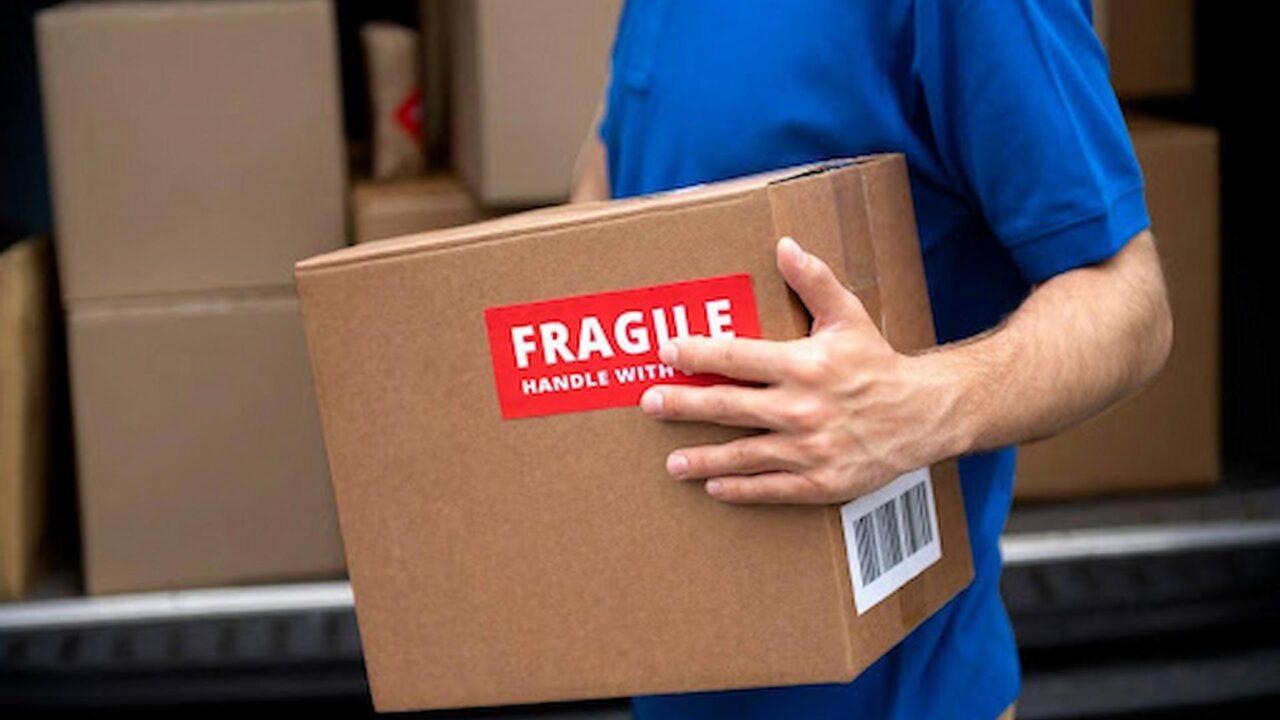Funeral Directors are also known as undertakers and morticians. They offer you an organized as well as thoughtful service to prepare for the cremation of the deceased and give you support in your sorrow of losing your loved one. They even manage the whole funeral home and look after each thing precisely. If you want to know about the work of funeral directors then go ahead and read this article.

What Are The Functions Of Funeral Directors?
- Embalming: Embalming is a cosmetic procedure by which the dead bodies are preserved and arranged for internment. This procedure is required if more than 24 hours have been passed after death and if the body is required to be preserved for funeral service. The directors who handle the embalming are usually trained and licensed. They know how exactly to preserve the dead bodies from getting decomposed.
How Do They Carry On The Process Of Body Embalming?
The whole procedure of embalming starts by washing off the body with a germicidal soap. After the wash, the blood is replaced by the embalming fluid for tissue preservation. If there is any disfiguration, the embalmer then uses materials such as clay or Plaster of Paris or cotton or wax to reshape the body. They also apply cosmetics to provide the body with a natural look. Finally, after all these, they dress up the body and keep it in a coffin.
- Cremation: Despite the fact that the burial takes place frequently, entombment in a coffin is one of the common practices done in the United States. Cremation in an extraordinary heater is becoming popular nowadays for its low expense and comfort. This cremation is done by the funeral directors. With incineration, the funeral ceremony can occur at any place, any time, even after a month based on the situation.
How Are The Traditional Cremation Services Different From The Memorial Service?
When the cremation procedure takes place, families decide to conduct a memorial service for the departed person. The memorial services conducted for cremation is just the same as a traditional burial. The remains of the cremated are kept in the urn. After finishing the ceremony the family can bury the urn or can place it in a columbarium or can disperse the asses on the river.
- Personalizing the Request: Arranging the place for the funeral services totally depends on the family’s desire. The family members get to choose the place and time where the funeral service is going to take place. Generally, funeral services take place at the gravesite or in the house or the worship place or funeral home or crematory.
They Must Know About Individual Faiths and Customs
The funeral directors must know about the different types of customs, faiths, and fraternal organizations. The directors are responsible for arranging every type of funeral service so that the family members, relatives, and friends can show their respect and gratitude towards the deceased person peacefully. Besides these, they should also keep the documents for the dead person. For issuing the death certificate of an individual, the high authorities rely on them.
- Customer Service: Funeral homes are generally family businesses in which the funeral directors are the owners or an employee. The prosperity of this business depends on how these directors offer services to the families of the departed. A successful funeral home can only be achieved if the customers are treated warmly and every service is given that the departed’s family demands.
To sum it up, these are the main job role of the funeral directors. They play an important role from starting of the cremation to the ending. They are liable as they conduct the whole cremation procedure by following the laws and regulations.





